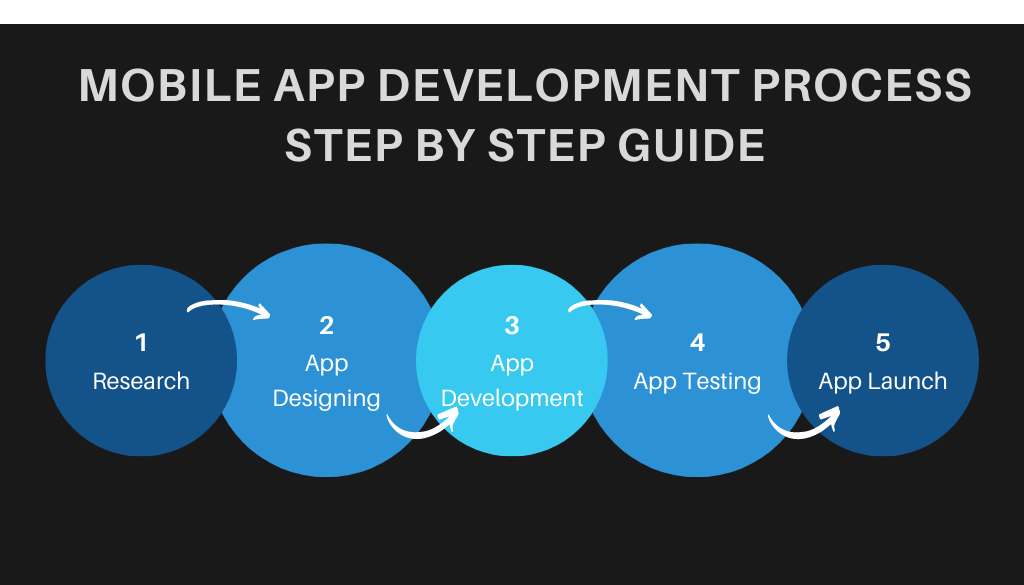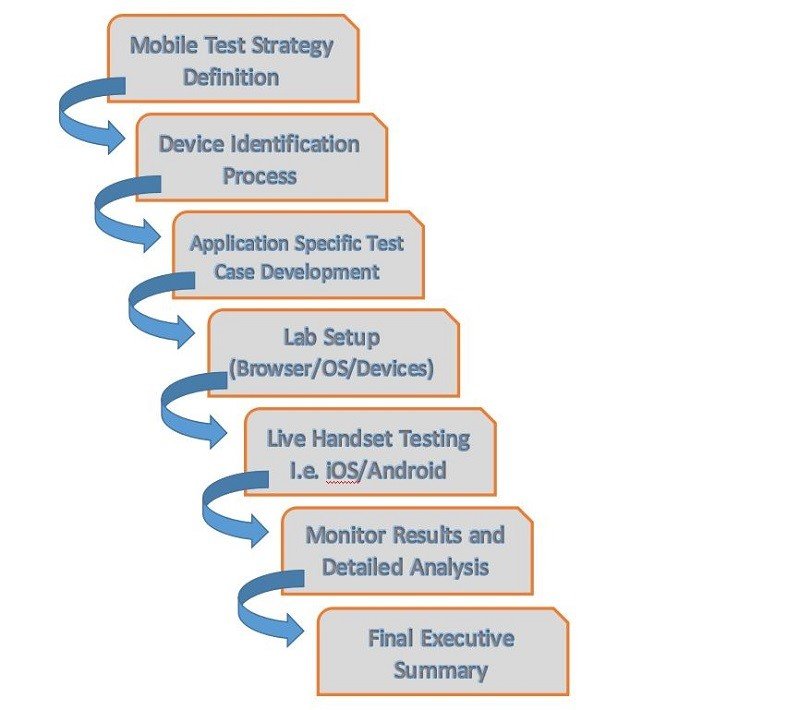In today’s digital era, mobile applications have become an integral part of our lives. From ordering food and booking tickets to managing finances and socializing, we rely heavily on mobile apps for various tasks. However, developing a successful and user-friendly mobile application is not as simple as it seems. It requires meticulous planning, efficient coding, and thorough testing to ensure a seamless user experience. This is where mobile app testing plays a crucial role. In this article, we will explore why mobile app testing is essential for application development and the benefits it brings.
Explore the Contents
- 1 The Significance of Mobile App Testing
- 2 Ensuring Functionality and Performance
- 3 Identifying and Fixing Bugs and Glitches
- 4 Enhancing User Experience
- 5 Compatibility Testing for Different Devices and Operating Systems
- 6 Security and Data Protection
- 7 Optimizing App Store Rankings
- 8 Streamlining the Development Process
- 9 The Role of Automation in Mobile App Testing
- 10 Conclusion
- 11 FAQs Mobile App Testing
The Significance of Mobile App Testing
Mobile app testing is a crucial phase in the development lifecycle of a mobile application. It involves evaluating the functionality, performance, usability, security, and compatibility of the app to ensure it meets the requirements and expectations of the end-users. By conducting comprehensive testing, developers can identify and rectify any issues before the app is released to the market.
Ensuring Functionality and Performance
One of the primary reasons why mobile app testing is important is to ensure the functionality and performance of the application. Testing helps developers identify any defects or errors in the app’s code, ensuring that all features and functionalities work as intended. It helps in detecting issues such as crashes, freezes, or unresponsive screens, allowing developers to fix them before the app reaches the users.
Identifying and Fixing Bugs and Glitches

Mobile app testing helps in identifying and fixing bugs and glitches that may affect the user experience. Through various testing techniques like functional testing, usability testing, and regression testing, developers can uncover hidden issues that could hamper the app’s performance or cause inconvenience to users. By addressing these bugs and glitches promptly, developers can enhance the overall quality and reliability of the application.
Enhancing User Experience
User experience plays a vital role in the success of a mobile application. Testing allows developers to gauge the app’s user-friendliness, intuitiveness, and ease of navigation. By obtaining feedback from real users during the testing phase, developers can make necessary improvements to enhance the overall user experience. This leads to higher user satisfaction, increased engagement, and improved retention rates.
Compatibility Testing for Different Devices and Operating Systems

With a vast array of mobile devices and operating systems available in the market, ensuring compatibility across various platforms is essential. Mobile app testing enables developers to test their applications on different devices, screen sizes, and operating systems. By performing compatibility testing, developers can identify and address any issues specific to certain devices or platforms, ensuring a consistent experience for all users.
Security and Data Protection
Mobile applications often deal with sensitive user data, making security a top priority. Testing helps in identifying vulnerabilities and potential security loopholes in the app. By conducting security testing, developers can ensure that user data is protected from unauthorized access or malicious activities. This instills trust and confidence among users, encouraging them to use the app without concerns about their privacy and security.
Optimizing App Store Rankings

App store rankings significantly impact the visibility and discoverability of an application. A well-tested and high-quality app is more likely to receive positive reviews and ratings, leading to improved rankings in the app stores. By incorporating mobile app testing, developers can iron out any issues that could negatively impact user reviews and ratings, thereby increasing the chances of the app’s success in the market.
Streamlining the Development Process
Mobile app testing helps in streamlining the overall development process by catching and fixing issues early on. By continuously testing the application throughout the development lifecycle, developers can address problems promptly, reducing the time and effort required for bug fixes and rework. This agile approach improves efficiency, shortens the time to market, and ultimately saves costs.
The Role of Automation in Mobile App Testing

Automation plays a crucial role in mobile app testing, especially considering the wide range of devices and operating systems available. Automated testing tools can simulate user interactions, perform regression testing, and generate detailed reports, thereby speeding up the testing process. By leveraging automation, developers can achieve faster time-to-market without compromising on the quality of the application.
Conclusion
Mobile app testing is an indispensable part of the application development process. It ensures the functionality, performance, usability, compatibility, and security of the app, leading to a seamless user experience. By investing time and effort in thorough testing, developers can deliver high-quality mobile applications that meet the needs and expectations of the users. Emphasizing mobile app testing from the initial stages of development contributes to the success of the app and enhances its chances of standing out in the competitive market.
ReadMore: Latest and Reliable Smartphones in 2023
FAQs Mobile App Testing
How long does mobile app testing typically take?
The duration of mobile app testing can vary depending on the complexity of the application. It can range from a few days to several weeks, considering factors like the number of features, platforms, and testing techniques employed.
Can mobile app testing be performed on real devices?
Yes, mobile app testing can be conducted on real devices to ensure accurate performance evaluation and compatibility testing across various platforms.
Is mobile app testing only necessary for complex applications?
No, mobile app testing is important for applications of all complexities. Even simple apps can have bugs or compatibility issues that need to be identified and resolved through testing.
How can automation benefit mobile app testing?
Automation in mobile app testing can speed up the process, improve test coverage, and provide more accurate results. It reduces manual effort and enables repetitive tests to be executed consistently.
What are some popular tools for mobile app testing?
There are several popular tools for mobile app testing, including Appium, Selenium, XCUITest, Espresso, and TestComplete.
ReadMore: The Role of Mobile App UI Design in User Engagement and Retention

